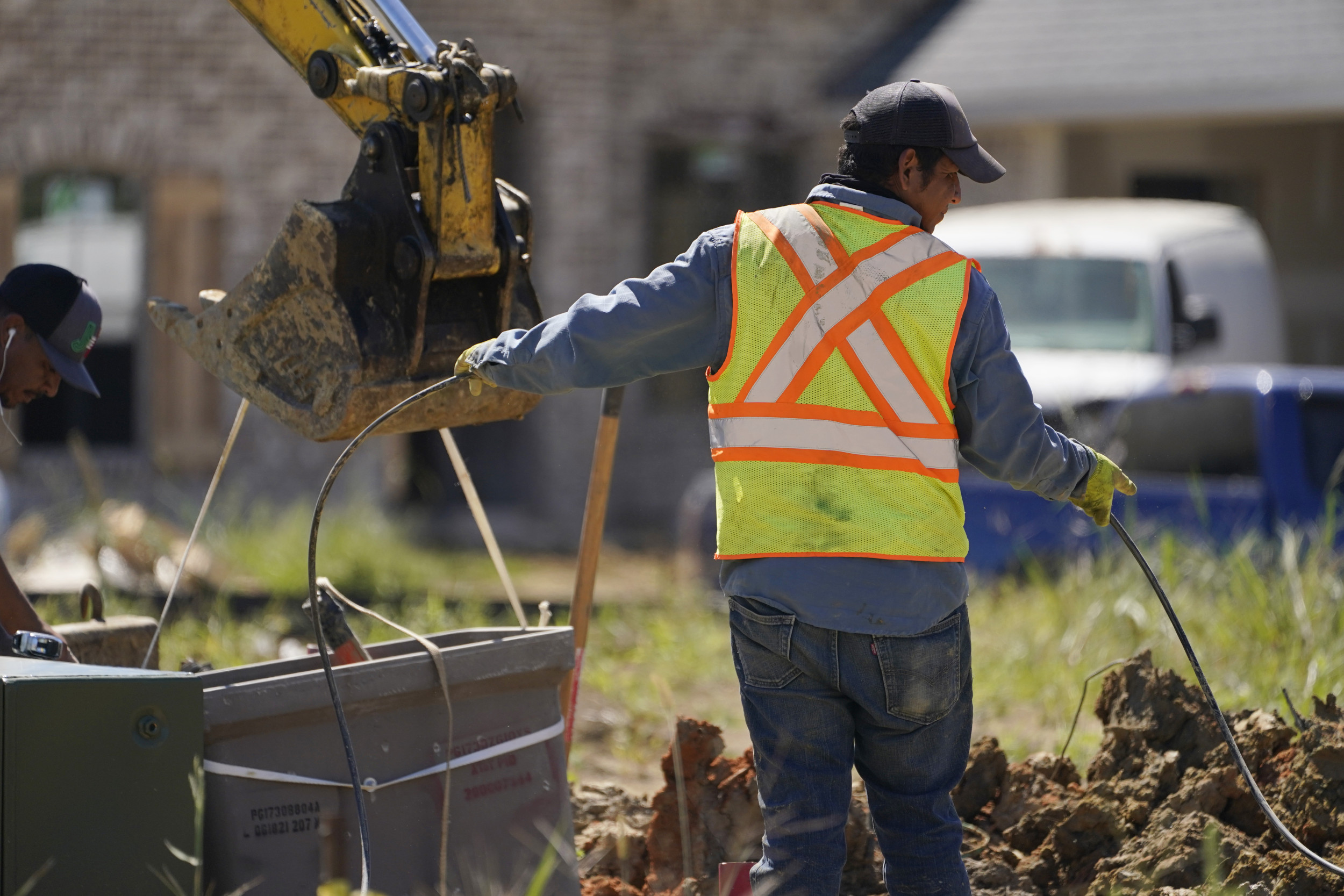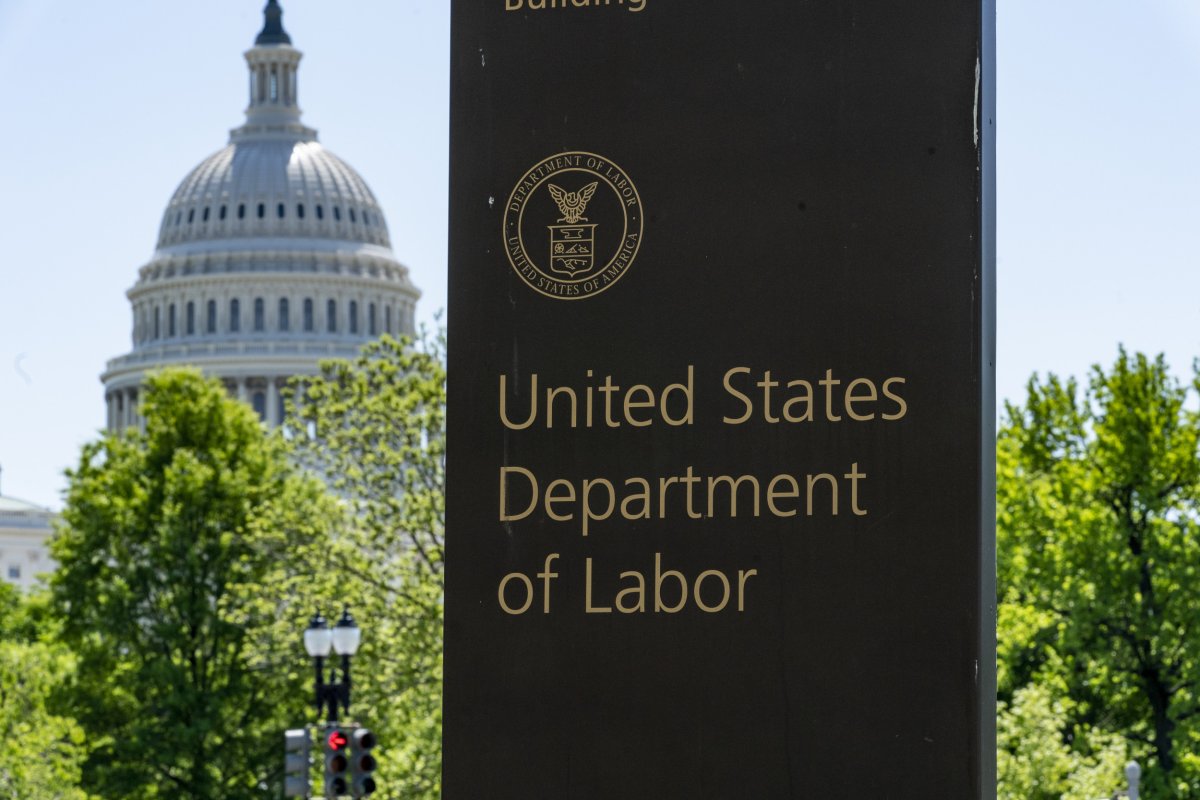Bussiness
Overtime rule strike down brings relief for small business

Small-business owners are expressing relief after a federal judge in Texas struck down a Biden administration rule that would have significantly expanded overtime pay eligibility for salaried workers.
On November 15, the Texas court’s decision blocked the rule, which sought to increase the salary threshold for overtime eligibility to $58,656 starting January 1, up from $43,888 as of July 1.
With the ruling, the threshold reverts to the $35,568 level set in 2019 under the Trump administration.
The judge argued that employee wages cannot outweigh job duties when determining overtime eligibility. For many small-business owners, the decision alleviates financial pressures.
Rogelio V. Solis/AP Photo
Balancing Costs and Employee Welfare
Guillaume Drew, the founder of Or & Zon, a sustainable home goods company in New York with 12 staffers, said the overturned rule would help him manage labor costs without affecting employees.
“Companies need to find an equilibrium between being financially viable and caring about employees,” Drew said. Instead of overtime pay, he plans to offer perks such as spa days and remote work to reward staff.
Sheldon Sutherland, the owner of Epoxy Werx in San Diego, echoed similar sentiments. “As a small business, managing labor costs is critical, and the proposed change would have increased expenses significantly,” he said, adding that the decision ensured financial stability while maintaining competitive wages for his 12 employees.
Support From Advocacy Groups
Small-business organizations largely supported the ruling. John Arensmeyer, the founder and CEO of Small Business Majority, said the proposed threshold increase would have been overwhelming for businesses still recovering from the pandemic.
“Although blocking any increase to the threshold fails to take into account inflation, the Department of Labor tried to do too much too fast resulting in sticker shock for small businesses that are still recovering from the pandemic,” Arensmeyer said.
Newsweek has contacted the Department of Labor for comment via email.
Karen Kerrigan, the president of the Small Business & Entrepreneurship Council, also praised the decision, saying it allowed employers to align compensation with market and employee needs. “Small business owners and their workers are both better served by the court’s ruling,” she said.

J. Scott Applewhite/AP Photo
Not All Businesses Agree
Despite widespread approval, some business owners expressed concerns. Stephanie Penn, the owner of Tee & Honey, an online T-shirt boutique in Southfield, Michigan, said fair pay, including overtime, boosts morale and productivity.
“From a business perspective, having clearer guidelines around overtime pay also helps to avoid potential disputes,” she said. With two employees affected by the July 1 rule and another who would have been affected in January, Penn believed the ruling could harm retention and foster inequities.
The debate highlights the challenges of balancing labor costs with fair compensation, leaving small businesses divided over the court’s decision.
This article includes reporting from the Associated Press.









